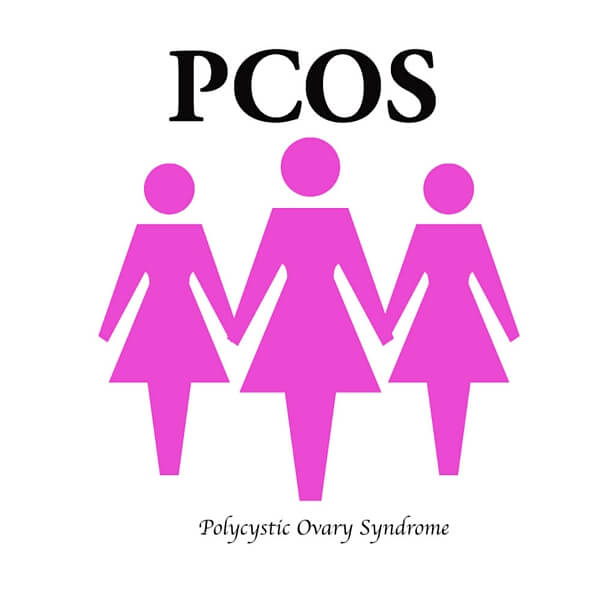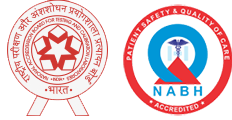
WHAT IS POLYCYSTIC OVARY SYNDROME?
What is Polycystic Ovary Syndrome?
Polycystic ovary syndrome, or PCOS, is a complex hormone disorder that causes such symptoms as irregular menstrual cycles, infertility, excessive body hair, acne, and obesity. The syndrome is named for the cysts that may form in the ovaries when the hormone imbalance interrupts the ovulation process. The term polycystic means “composed of many cysts”. If the hormone imbalance is left untreated, the syndrome may lead to life-threatening illnesses such as diabetes, heart disease, stroke, and uterine and endometrial cancers.
Symptoms of Polycystic Ovary Syndrome:
Because it is a syndrome, PCOS includes a set of symptoms. Women with PCOS can suffer from any combination of the symptoms listed here. Some women experience only one of these symptoms, while other women experience all of them. The severity of PCOS symptoms can vary widely from woman to woman. Talk to your physician if you suffer from one or more of these symptoms.
- Chronically irregular menstrual cycles or absent periods
- Infertility or difficulty conceiving (due to not ovulating)
- Obesity (greater than 20 percent over “ideal” weight)
- Sudden, unexplained weight gain (even if you are still of “normal” weight)
- Adult acne
- Excessive hair growth (especially dark hair on the face, chest, or abdomen)
- Male-pattern hair loss or thinning hair
- Type II diabetes or insulin resistance
It is possible to have the above symptoms and not have PCOS. However, most women with these symptoms, especially irregular menstrual cycles, do have PCOS. In fact, 80 percent of women with six or fewer periods per year have PCOS.
Because the symptoms of PCOS can vary widely, it can be difficult to exclude or include symptoms as a part of the diagnosis. In face, the World Health Organization tried to determine a comprehensive list of symptoms and couldn’t agree on more than four of them. Further research is being done at a dozen facilities in the United States alone. There may be more common symptoms discovered as new studies are completed and women continue reporting their experiences.Who Is Affected by Polycystic Ovary Syndrome, PCOS?
The most common endocrine disorder, PCOS is estimated to affect anywhere from 5 to 10 percent of all women. The syndrome does not discriminate and can be found in women of all races and ethnic groups throughout the world, although it tends to be more common in women of Mediterranean descent. PCOS affects women of all ages, from adolescence to menopause. Once a woman is diagnosed, she will need to manage the symptoms for the rest of her life.

